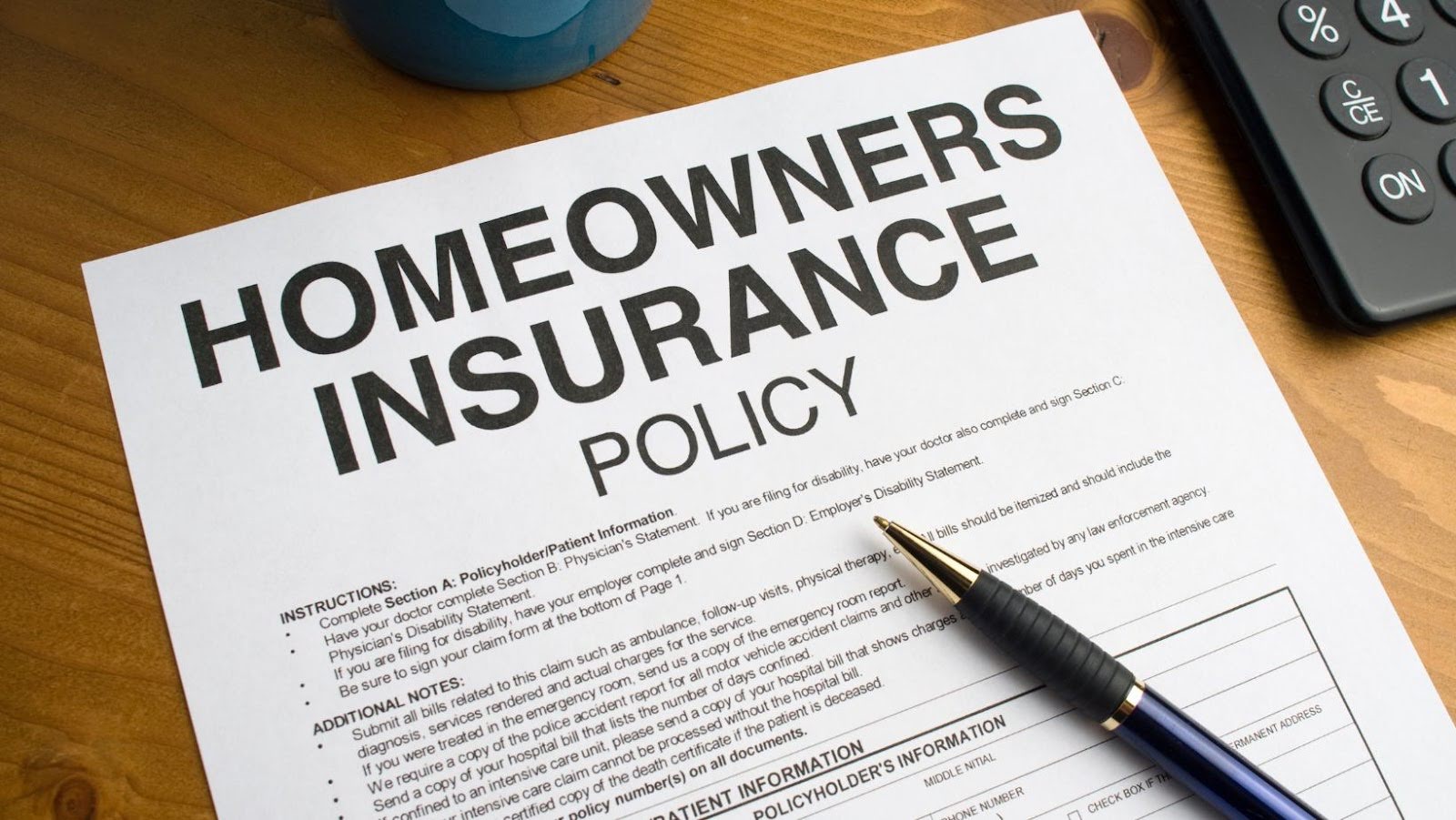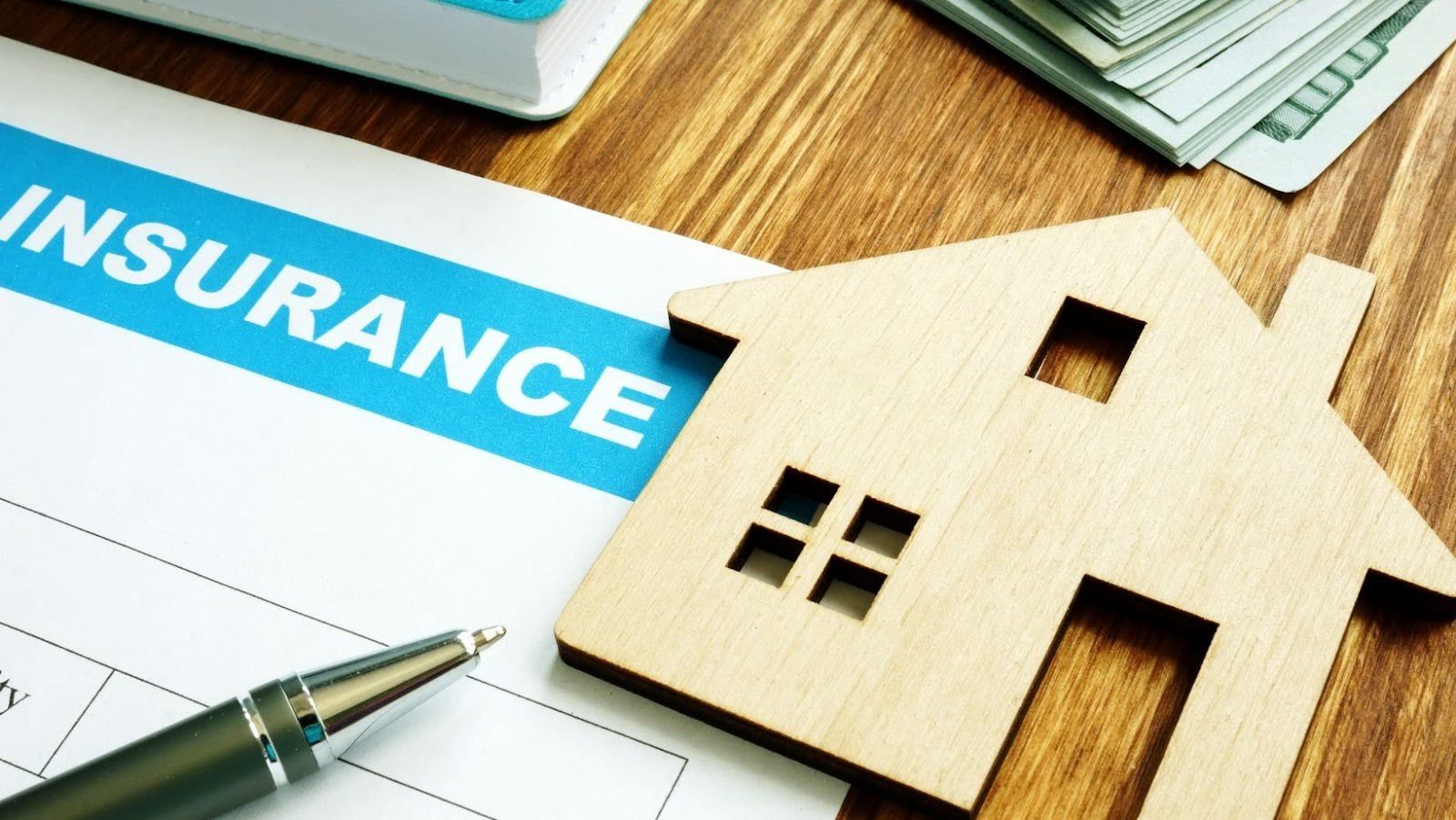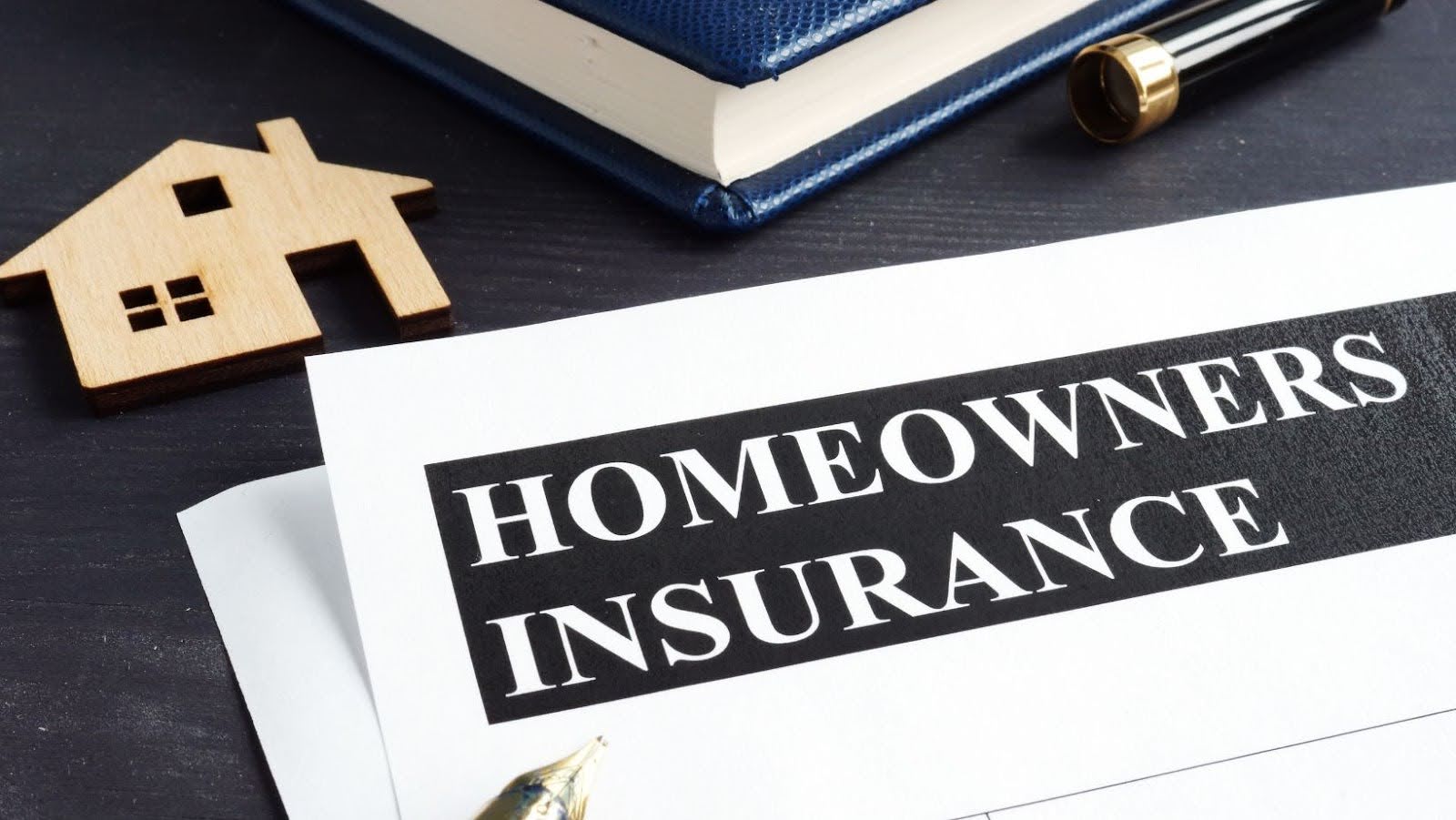Buying a house is one of the most significant purchases that you’ll make in your life. A house is also among the most valuable assets you can own. But the expenses don’t stop with the closing of the deal. You also need homeowners insurance to protect that investment against damage. In most cases, mortgage lenders will require that you have coverage.
However, finding homeowners insurance in New Jersey can easily get complicated if you are a first-time homeowner. How much coverage do you need, and which provider should you get? These are some of the common questions you might have when looking for home insurance in your area. In this article, we’ll give you valuable tips on how to get the optimal homeowners insurance with the optimal coverage.
Table of Contents
ToggleThe Basics of Homeowners Insurance
In general, homeowners insurance includes damage to the property and liability for injuries caused to other people. Coverage may also include damage or injuries caused by household pets. There are three levels of coverage: replacement cost, actual cash value, and extended replacement value.
Your insurance policy will include coverage for damage due to most disasters. However, there are exceptions. If you get the standard homeowners insurance, it will not have coverage for damage due to poor maintenance, earthquakes, and floods. A National Flood Insurance Program provides flood coverage, though you still need to buy it from an insurance agent. For earthquake coverage, you can get this either as a separate policy or in the form of an endorsement. Meanwhile, maintenance-related problems are your responsibility as a homeowner.
A home’s insurance rate is mainly determined by the insurer’s risk of filing a claim, which is assessed based on the home’s previous claims history, the neighborhood, and the property’s condition. Check with any insurer you already work with; they usually offer better rates for repeat customers. You should also shop around and get quotes from at least five companies.
Types of Homeowners Coverage
Not all insurance policies are created equal. You may want to buy the cheapest homeowner’s policy, but they probably do not give you all the necessary coverage. In the United States, various forms of homeowners insurance are designated HO-1 through HO-8. These offer varying levels of protection, and you can choose one or two depending on your needs and the type of property you have.
Additionally, there are three levels of coverage available:
- Actual cash value. This covers the cost of the home, including the total value of the belongings inside it. The latter are calculated based on the depreciated value, not by the amount you paid for them. However, some policies include a recoverable depreciation clause. This means the policy allows the homeowner to claim the depreciated value along with the actual cash value (ACV).
- Replacement cost. Replacement value policies do not deduct for depreciation, unlike depreciation-based insurance.
- Guaranteed replacement value. With this inflation-protection policy, you’ll get all the help you need to repair or rebuild your home, even if the cost exceeds your limit. There are insurance companies that offer extended replacement coverage. With this offer, the policy provides more coverage than what you purchased – about 20% to 25% more. Insurance experts advise that homeowners should get replacement value policies since this can absorb increasing replacement costs.
Tips for First-time Homeowners Insurance Buyers
While most homeowners will research before buying insurance, it doesn’t mean they are covered in every situation. Most of the time, because we want to get the greatest deals, we can fixate on finding the cheapest coverage and overlook other aspects.
One of the biggest mistakes you can make when buying insurance is to focus solely on the price. So, here are some tips for buying home insurance:
Get Enough Coverage
It may sound simple and obvious, but it is one of the essential tips when shopping for insurance policies. Ensure you have enough coverage when it’s time to rebuild your home or replace your belongings. You should also get enough liability coverage to protect yourself when someone sues you for getting injured on your property.
Know the Difference Between Market Value and Replacement Value
Insurance policies are usually based on the replacement cost of your home. It is determined by comparing the materials you would need to rebuild. You will get an amount in case of a total loss. On the other hand, a market value policy only covers the house’s current cash value. So, when you need to rebuild your home, you will likely have to cover the rest of the expenses.
Fill Gaps in Coverage
Coverage gaps can negatively affect your unique needs, so fill in any exclusions in your policy. A standard insurance policy won’t cover damages caused by floods, earthquakes, or backed-up sewers. You should add additional coverage if you anticipate any of these issues. Additionally, consider adding an umbrella policy to cover liability. You will receive higher coverage with these broader policies.
Take Advantage of Bundle Offers
It is not uncommon for insurance companies to offer discounts for multiple policies, such as auto or life insurance, if you purchase them together. Bundling your insurance policies could help you save money on your premiums.
Make Sure Your Coverage is up to Date
It is important to analyze your policies annually. You can raise or lower your premiums based on changes to your home or neighborhood. Whenever you add something to your home, such as a swimming pool or finished basement, you should increase your insurance policy so you are not underinsured in case of a significant loss.
Your premium might decrease if your risk has diminished. It is possible to reduce your premiums by adding improvements to your home, like a burglar alarm, new roof, fence, or pool cover.
Talk to an Expert
You should consult an independent agent to determine what coverage is right for you. You’ll be advised on the optimal policy based on the facts of your situation, your home, and your location. You can also ask your agent about the details of your policy and optional coverages you might want to include.
Be Smart When Filing a Claim
Recovering your loss requires filing a claim. The good news is that it can simplify and improve the claims process in many ways. Keeping good records is the first step. You should also save receipts and contracts and document essential conversations. Moreover, you can use apps or websites to track your items digitally so your home is appropriately inventoried.
Ensure you have all this information and other specifics about your home when reporting a claim. Furthermore, file your claims as soon as possible, as insurers have different deadlines for reporting claims.







